Have Questions? We’re Here for You!
Expert Repairs and Installations for Your Home
Professional Garage Door Services in Maricopa
At Maricopa Garage Door Services, we understand how crucial your garage door is to the security and convenience of your home. Whether you’re dealing with a simple repair, a malfunctioning opener, or need a brand-new installation, our team of skilled technicians is here to provide the expertise you can trust. We offer tailored solutions for all your garage door needs, from routine maintenance and minor fixes to more complex repairs. Using only the highest-quality materials and advanced tools, we ensure durable, reliable results that stand the test of time. With our dedicated service, you can have peace of mind knowing your garage door will function smoothly and securely, giving you ease of access and enhanced safety whenever you need it. Let us handle all your garage door requirements so you can focus on the things that matter most.
Prompt Repairs
Fast response time for garage door issues
Experienced Technicians
Skilled professionals with years of experience
Quality Installations
Durable and reliable garage door installations
How We Operate
Our Approach
At Maricopa Garage Door Services, we take a personalized approach to every service we provide. Our goal is to deliver efficient and reliable solutions that cater to the unique needs of each customer. Whether it’s a minor repair, a complete system overhaul, or routine maintenance, we combine years of expertise with a commitment to quality. We believe in clear communication and transparency throughout the process, ensuring you’re informed and comfortable with every step. Our technicians are skilled, courteous, and equipped with the latest tools and knowledge to get the job done right. From the moment you call us to the final inspection, we’re dedicated to exceeding your expectations.
Need Quote?
Get Free Estimate Today!
I agree to terms & conditions provided by the company. By providing my phone number, I agree to receive text messages from the business.
Our Expertise
Services We Offer
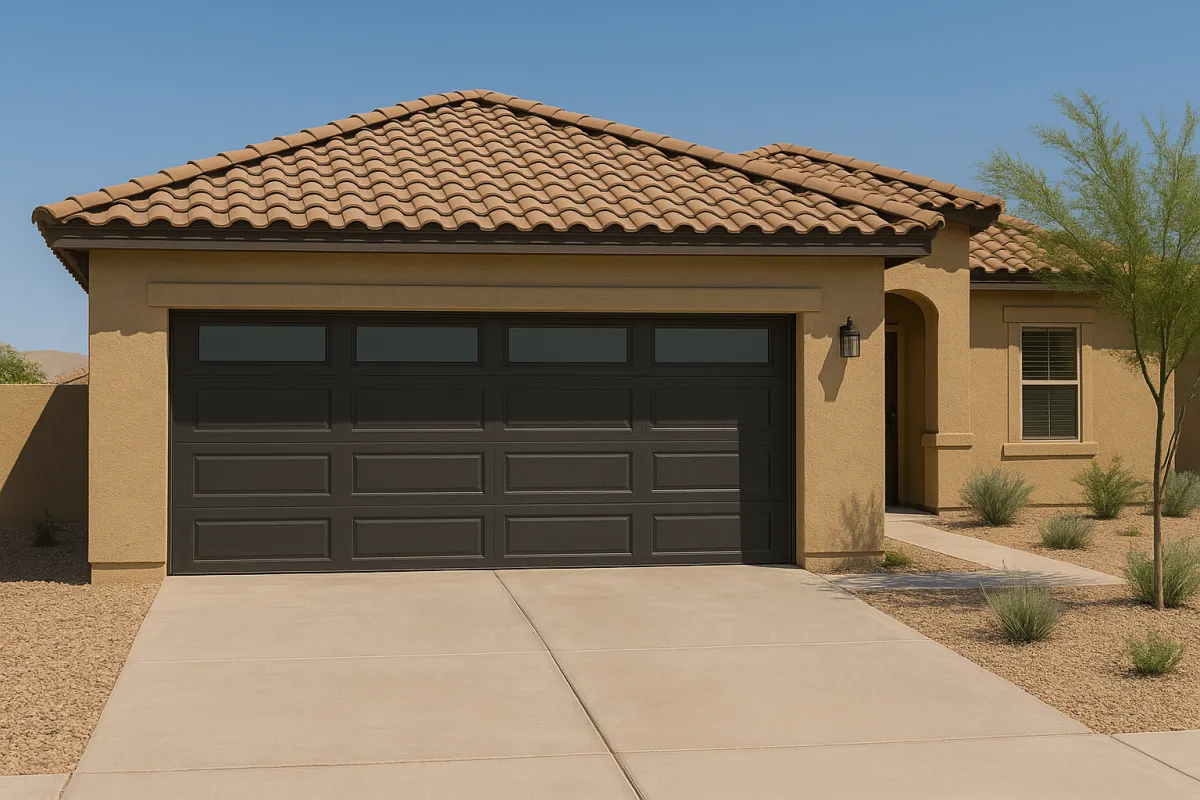
Garage Door Repair
Description Our garage door repair service addresses all common issues that might affect your door’s functionality, from broken panels to malfunctioning openers. We quickly diagnose the problem and provide efficient repairs to restore the door’s smooth operation. Our technicians are experienced in handling various types of garage doors, ensuring that each repair is done right the first time for reliable, long-lasting results.
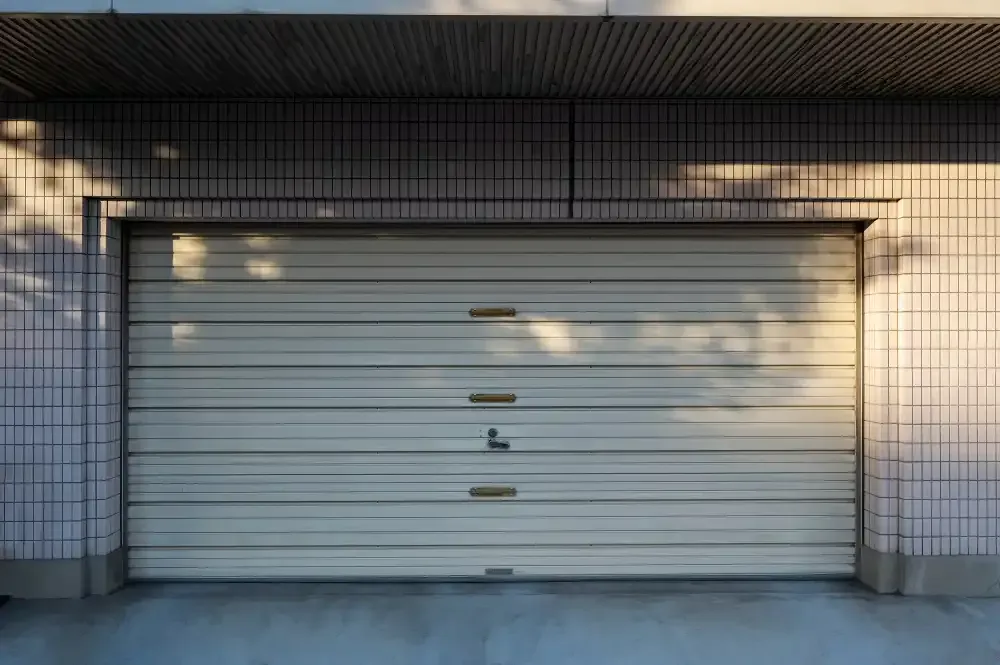
Garage Door Replacement
Description If your garage door is damaged or outdated, our replacement service offers a complete solution. We help you choose a new door that matches your aesthetic preferences and meets your security needs. Our experts manage the entire installation process, including removing the old door, installing the new one, and ensuring it operates smoothly and securely. A properly installed garage door not only enhances the look of your home but also provides superior functionality and protection.
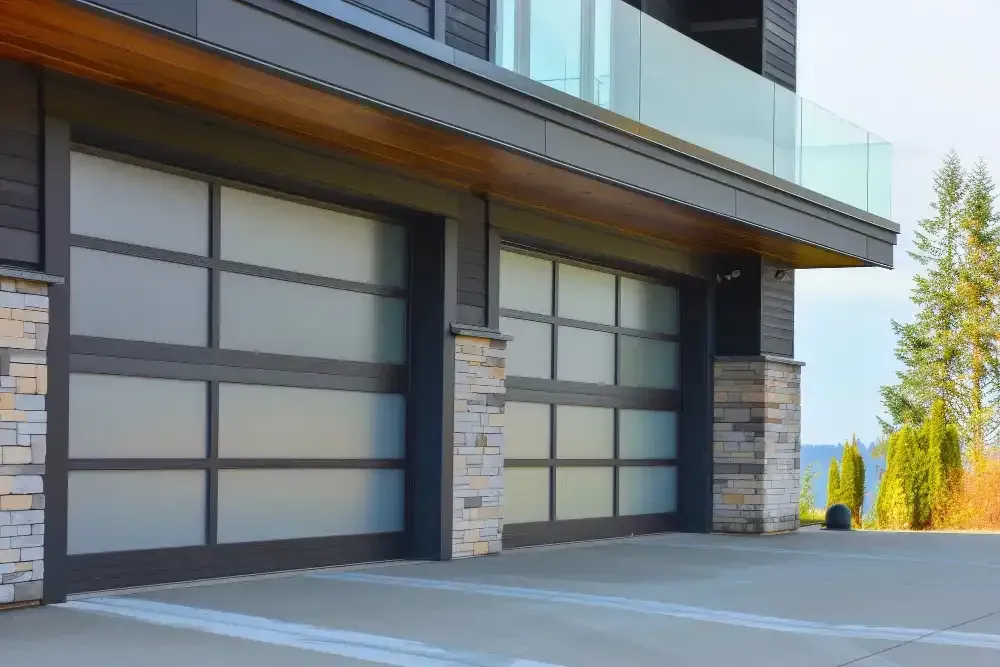
Garage Door Installation
Description Our installation service includes everything from selecting the right type of door (overhead, sectional, rolling) to setting up the tracks, panels, springs, and opener. We handle all aspects of the installation to ensure that your new garage door operates smoothly and safely. Our team ensures precise measurements, alignment, and adjustment to provide a flawless setup that enhances both convenience and security for your home.
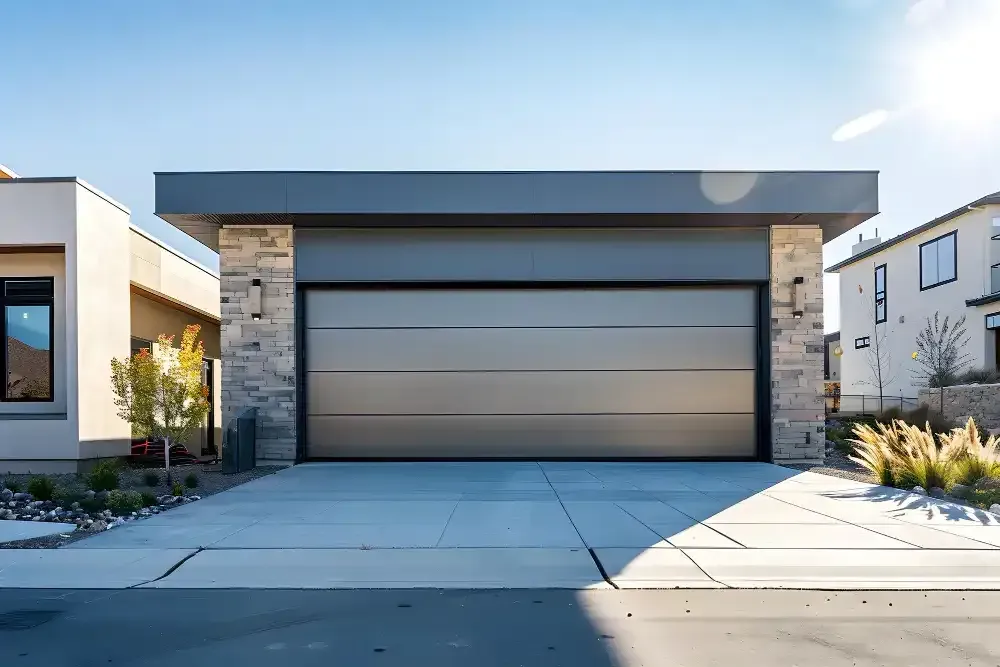
Garage Door Opener Repair
Description Issues with garage door openers can be frustrating, but our repair service quickly resolves problems with motors, remote controls, wiring, and sensors. Whether your opener is chain-driven or belt-driven, our skilled technicians diagnose the issue and provide effective repairs to restore smooth and reliable operation. We ensure that your garage door opener works seamlessly, giving you peace of mind and hassle-free use.
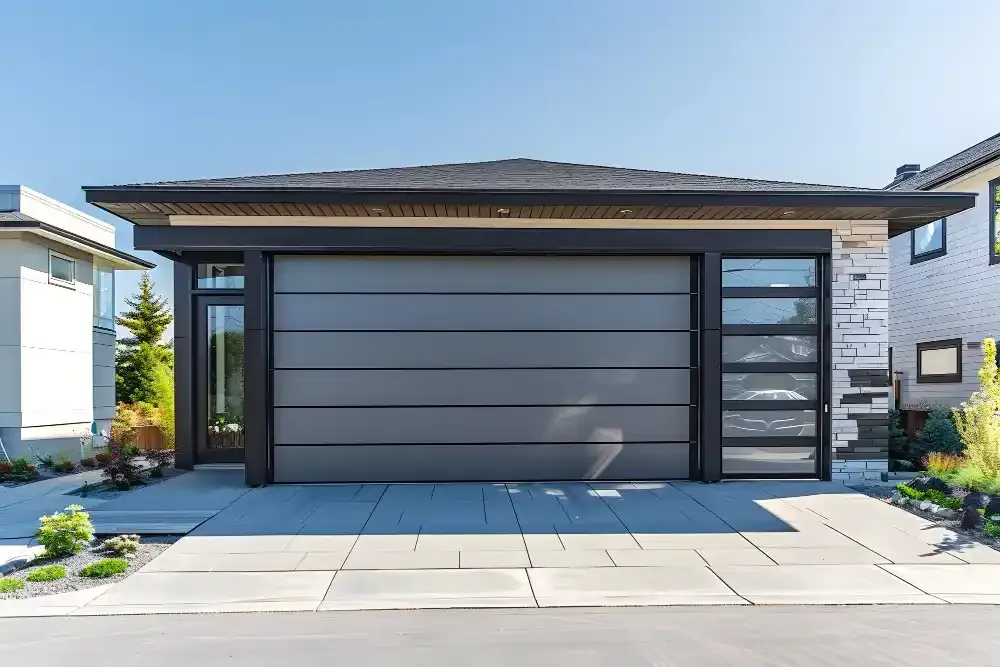
Garage Door Spring Repair
Description Garage door springs are critical for the smooth opening and closing of your door. If these springs are broken or worn out, it can lead to misalignment or unsafe operation. Our repair service includes replacing broken springs with high-quality, durable replacements to restore the door’s balance and functionality. Regular maintenance of springs helps prevent future issues, ensuring your garage door operates smoothly and safely.
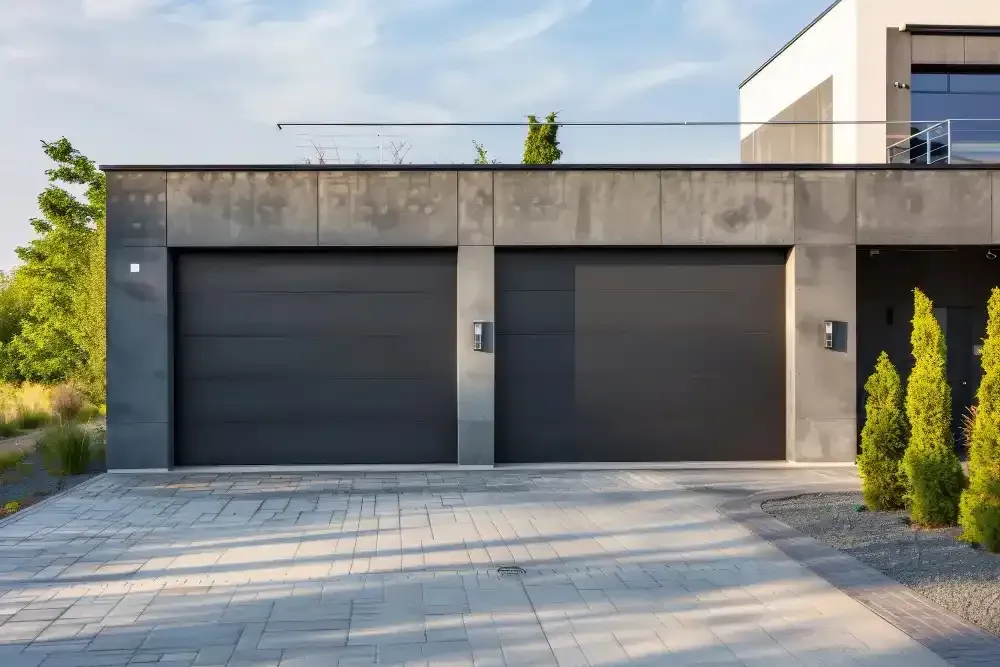
Garage Door Track Repair
Description Misaligned, dented, or damaged tracks can cause your garage door to stick or jam. Our track repair service includes realigning tracks, replacing damaged sections, and ensuring they are free from obstacles. This ensures that your door moves smoothly along its path, reducing wear on other components and preventing future issues. We use precision tools and techniques to restore the tracks to optimal condition.
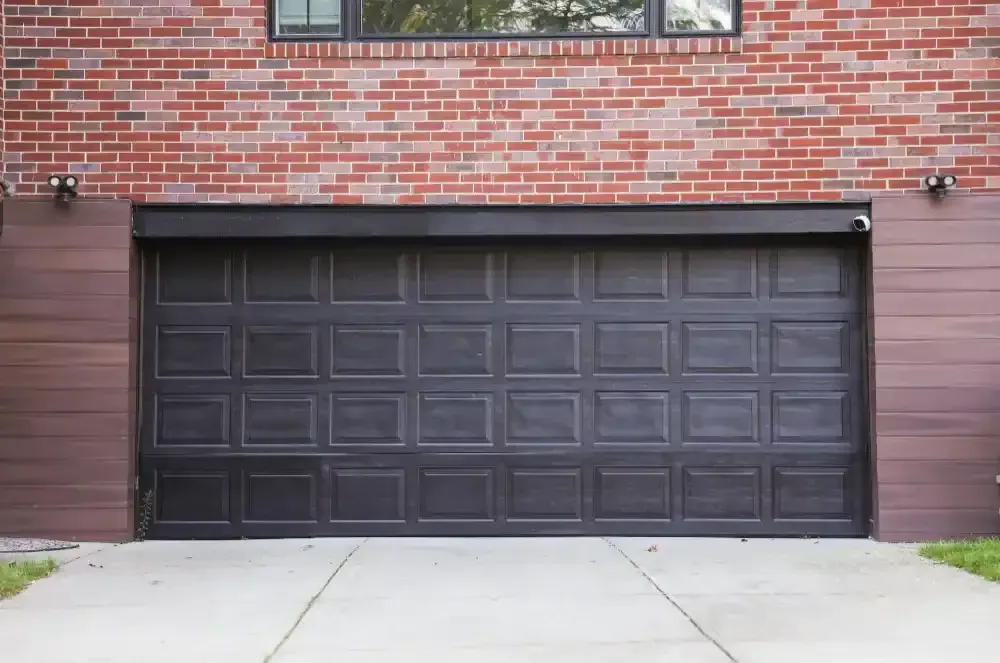
Garage Door Maintenance
Description Preventive maintenance is key to extending the life of your garage door. Our maintenance service includes lubricating moving parts, inspecting springs, tracks, rollers, and hinges for wear, and making necessary adjustments to maintain optimal performance. Regular maintenance helps identify and address small issues before they turn into costly repairs, ensuring your garage door continues to operate smoothly and reliably.
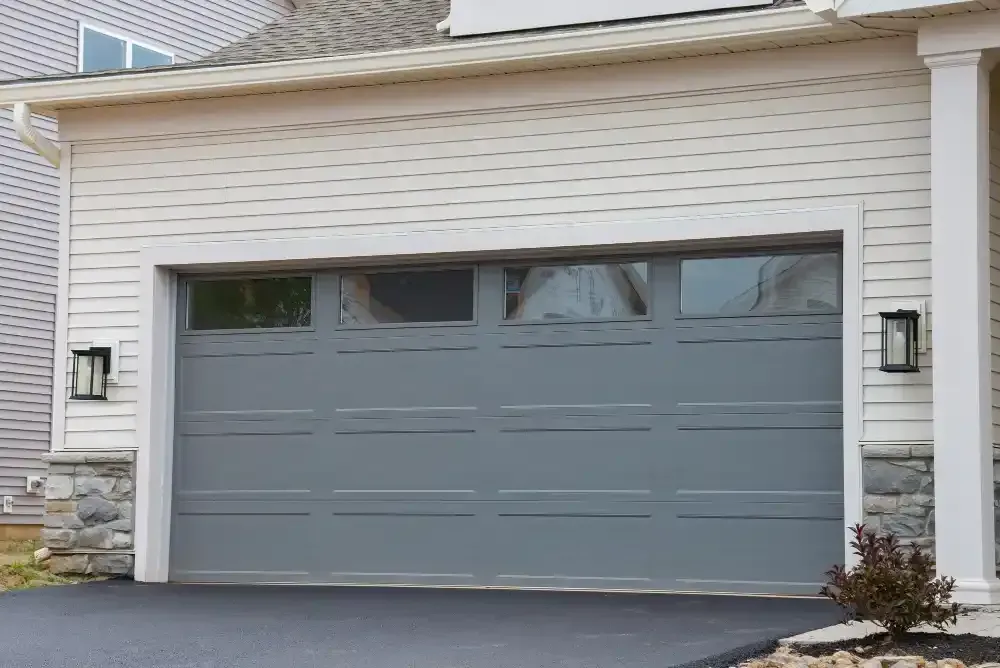
Garage Door Cable Repair
Description Cables are an essential part of the garage door system, supporting its weight and ensuring smooth operation. If they become frayed, broken, or misaligned, it can cause the door to malfunction. Our repair service includes replacing or fixing these cables to restore safe and reliable operation. We use high-quality parts and precise techniques to ensure the cables function properly, enhancing the safety and performance of your garage door.
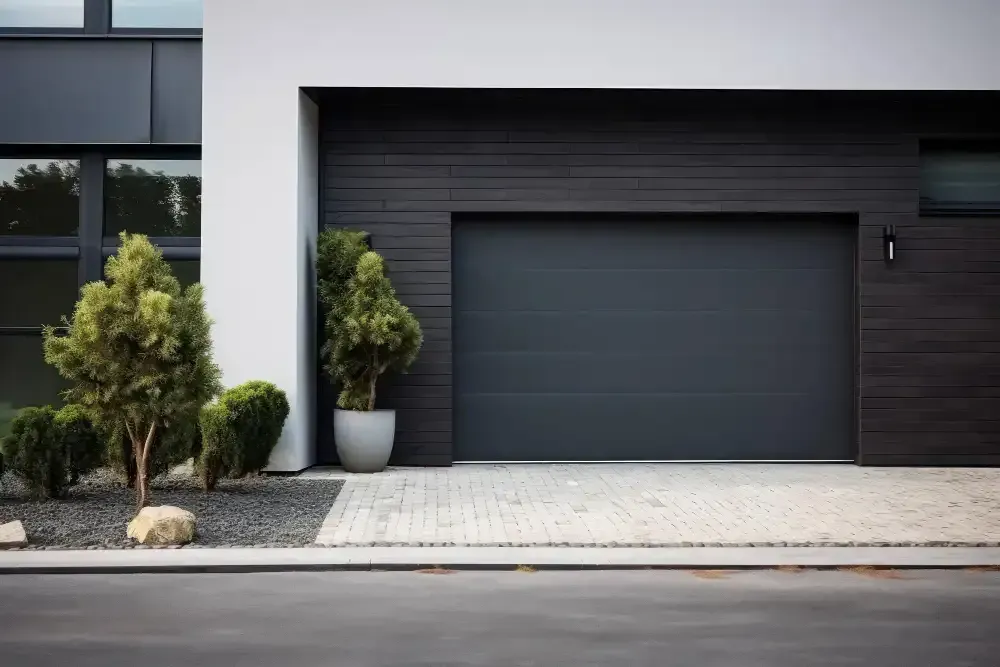
Garage Door Roller Repair
Worn-out or damaged rollers can cause noise, sticking, and jamming of the garage door. Our roller repair service involves inspecting, lubricating, and replacing worn-out rollers to restore smooth operation. By ensuring the rollers are in good condition, we help reduce wear on other door components and extend the life of your garage door system. This service is essential for maintaining the overall health and efficiency of your garage door.
What Set Us Apart
Why Choose Us for Your Garage Door Needs?
Expertise and Experience
At Maricopa Garage Door Serviceswe bring decades of combined experience to every job. Our team of skilled technicians is equipped to handle any garage door issue, from repairs and maintenance to complete installations. We understand the unique challenges of the Maricopa climate and are dedicated to providing solutions that last. Choose us for reliable expertise and peace of mind with every service.
Customer-Centric Service
Your satisfaction is our priority at Maricopa Garage Door Services. We believe in building trust with our customers by offering transparent communication, clear pricing, and high-quality workmanship. From the initial consultation to the final installation or repair, we’re committed to delivering personalized service tailored to your needs. Choose us for a smooth, hassle-free experience every time.
Wide Range of Services
Whether you need a simple repair or a full garage door installation Maricopa Garage Door Services has you covered. We offer a comprehensive range of services, including emergency repairs, regular maintenance, and custom installations. Our team is trained to handle all makes and models, ensuring that no matter what you need, we can provide it efficiently and effectively.
Advanced Tools and Techniques
We utilize the latest tools and techniques to ensure the highest standards of quality in every job we do. At Maricopa Garage Door Services, we stay updated with the latest technology and industry trends, allowing us to offer innovative solutions that are both effective and efficient. Choose us for modern, reliable garage door services that stand the test of time.
Trust and Reliability
Maricopa Garage Door Services has built a reputation for reliability and trustworthiness in the community. We are proud to serve Maricopa with professionalism and dedication. Our team is fully licensed and insured, so you can feel confident that your garage door needs are in safe hands. Choose us for quality service and lasting results you can depend on.
Skilled Technicians
Our technicians are not only skilled but also continually trained to stay ahead of the latest garage door technologies and techniques. With years of experience, they can handle any issue with precision and expertise. Whether it’s a simple repair or a complex installation, you can trust that our team will deliver high-quality results and handle your
garage door needs efficiently.
Our Process
How We Do It
Expert Diagnosis
Our process starts with a thorough inspection of your garage door system. We listen to your concerns and observe the door’s operation to identify any underlying issues. By understanding the specific problems you’re facing, we can provide a tailored solution that addresses your needs. Whether it’s a broken spring, malfunctioning opener, or misaligned tracks, we’ve got you covered with quick and efficient repairs.
Precision Repairs
Once we pinpoint the problem, we use high-quality parts and tools to perform precise repairs. Our technicians are trained to handle all types of garage door issues, from minor adjustments to complete replacements. We take the time to ensure that every repair is done right the first time, so you can rely on your garage door to function smoothly and securely for years to come.
Preventive Maintenance
We believe in the importance of regular maintenance to keep your garage door in top shape. Our technicians offer thorough maintenance services that include lubrication, tightening of hardware, and safety checks. This proactive approach helps prevent costly repairs in the future by addressing small issues before they become major problems.
Custom Solutions
At Garage Doors & More, we understand that every home is unique. We offer customized solutions tailored to your specific requirements. Whether it’s a new installation or an upgrade to your existing system, our team works closely with you to design a solution that meets your needs and fits your budget. We take pride in providing options that enhance the functionality and aesthetics of your garage door.
Quality Service
Our commitment to quality doesn’t end with the repair. We provide a professional, courteous service experience from start to finish. From scheduling your appointment to completing the repair, we ensure that you receive top-notch customer service every step of the way. Our goal is to make the process as smooth and hassle-free as possible, so you can feel confident in the safety and reliability of your garage door.
Thorough Inspection
Once we have a clear understanding of your needs, our experienced technicians will conduct a comprehensive inspection of your garage door system. This step is crucial for identifying any underlying issues and assessing the condition of your door, opener, and related hardware. We believe in transparency, so you’ll receive a detailed report of our findings and any suggested repairs or upgrades.
What Our Clients Say
Client Testimonials


Sarah R.
"I can’t say enough good things about (COMPANY)! Their technician was prompt, friendly, and efficient. He quickly diagnosed and fixed my garage door issues, leaving it running like new. The service was top-notch, and I feel much safer knowing my garage door is in excellent shape now. Highly recommend it!"

Mark T.
"(COMPANY) really impressed me. The technician was professional and took the time to explain everything clearly. He quickly identified the problem with my door and provided an efficient solution. The repair was done swiftly and thoroughly. I’m so glad I chose them for the job – my garage door is now in great shape!"

Jessica W.
I called (COMPANY) for a routine maintenance check, and they were wonderful. The technician was friendly, thorough, and honest about what needed to be done. He took the time to explain everything clearly, and the repair was completed quickly. My garage door now runs smoother than ever. Excellent service at a fair price!

Tom L
"I received fast, friendly, and professional service from (COMPANY). The technician was knowledgeable and took the time to explain the issue with my garage door. The repair was swift and thorough, leaving my door in excellent condition. I’ll definitely be using them again for any future repairs."
10+
Years of Experience
2000+
Years of Experience
1000+
Completed Projects
Our Process
Frequently Asked Questions
What types of garage door repairs do you handle?
Our team handles a wide range of repairs, including broken springs, worn cables, track alignment issues, and malfunctioning openers. We’re equipped to manage any problem, whether it’s small or severe. If your garage door isn’t functioning properly, we’ll diagnose the issue quickly and use our expertise to restore its performance efficiently.
Do you offer emergency garage door repair services in Maricopa?
Yes, we know garage door problems don’t wait for a convenient time. That’s why we offer prompt emergency repair services to address unexpected issues like stuck doors or security concerns. Call us anytime, and our experienced technicians will be there to fix the problem and help you get back to your day without stress.
How do I know if my garage door needs a repair or replacement?
Look for signs like strange noises, difficulty opening or closing, or visible wear and tear. Our experts will carefully inspect your garage door and provide honest recommendations. Whether it’s a simple repair or a full replacement, we’ll guide you toward the most practical and cost-effective solution tailored to your situation.
Can you help with upgrading my garage door opener?
We can absolutely help! Whether you’re looking for smart features, improved security, or quieter operation, we offer upgrades to suit your needs. We’ll help you choose the right opener and handle the installation seamlessly. A modern garage door opener enhances convenience and adds value to your home, making everyday life easier.
Do you offer maintenance services to keep my garage door in good shape?
Yes, regular maintenance is vital for extending your garage door’s lifespan and avoiding costly repairs. We offer comprehensive tune-ups that include lubricating moving parts, inspecting for wear, and testing safety features. Our maintenance services ensure your garage door runs smoothly and reliably year-round, giving you peace of mind and hassle-free operation.
Get in Touch – We're Here to Assist!
We're Here to Help – Reach Out!
Got questions about your garage door? We’re here to help! Whether you’re dealing with a stubborn door, a noisy opener, or just need a quick tune-up, connecting with us is easy. Give us a call at 555-555-5555, and our friendly team will ensure your garage door gets the attention it deserves. We’re based right here in Maricopa, ready to provide fast, reliable service you can count on. Don’t let garage door issues slow you down—reach out today. Need a quote or have specific concerns? Let us know, and we’ll guide you every step of the way. Your convenience and satisfaction are our priorities. Let’s make your garage door work like new!

At Maricopa Garage Door Services, we pride ourselves on offering a tailored approach to every job. We treat our customers like family, delivering garage door solutions with the utmost care and attention to detail.
Quick Links
Home
ABOUt Us
Garage Door Services
Contact Us
Garage Door Services
Garage Door Repair
Garage Door Replacement
Garage Door Installation
Garage Door Opener Repair
Garage Door Spring Repair
Garage Door Maintenance
Connect with Us
Maricopa
Learn About Maricopa
